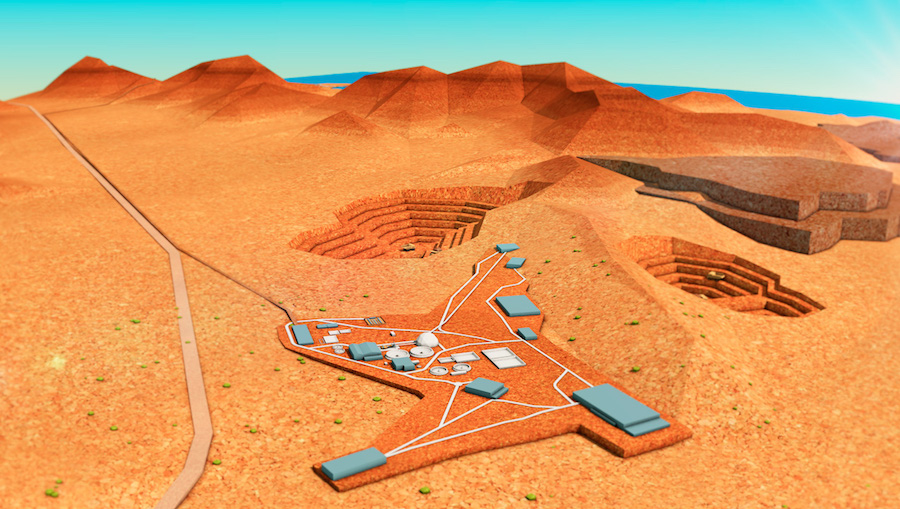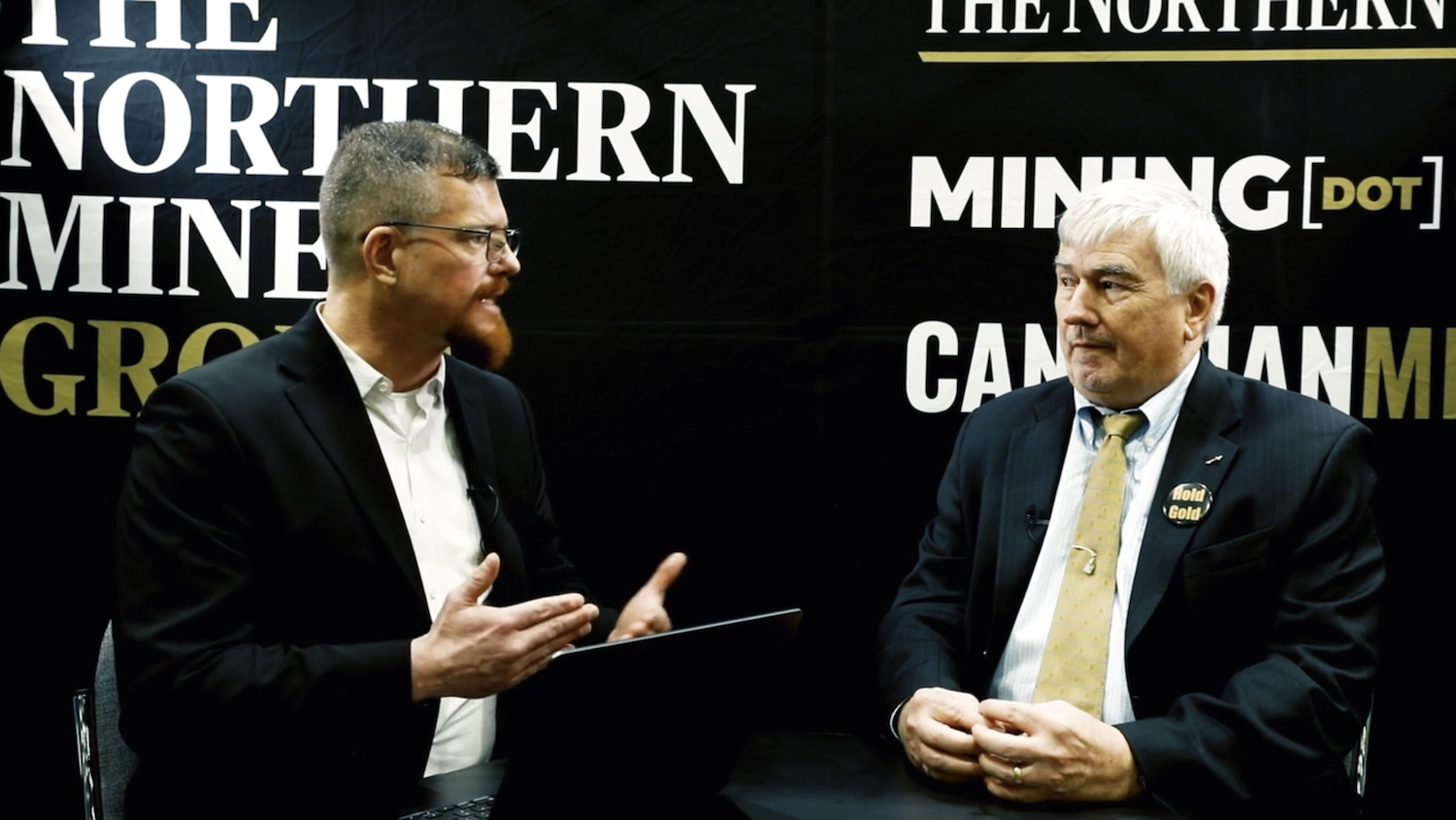Chile rejects Andes Iron’s $2.5bn Dominga mining project

Chile’s committee of ministers denied permits for Andes Iron’s $2.5 billion Dominga copper and iron mining project, Environment Minister Maisa Rojas announced on Wednesday.
Speaking at a press conference at the environment ministry in Santiago, Rojas said the committee voted unanimously to reject the project after considering impacts on wildlife, water sources, air quality and marine-protected areas.
“The evaluation was made considering multiple aspects that had to be evaluated, multiple reports that had to be considered,” Rojas said. “It was a robust decision.”
The committee is headed by the environment minister, and includes the mining, agriculture, energy, economy and health ministers. It has the authority to rule on environmental issues.
Dozens of protesters, both in favor and against the project, had gathered outside the ministry early Wednesday in anticipation of the decision.
The mining project would have been located 500 kilometers (310 miles) north of Chile’s capital, near ecological reserves. Critics say its proximity to environmentally sensitive areas would cause undue damage. Andes Iron, a privately held Chilean company, has repeatedly rejected the claims.
Andes Iron said in a statement that it would turn to environmental courts to overturn Wednesday’s decision.
“The Dominga project doesn’t just comply, but exceeds all standards and is aligned with principles established by the government for sustainable industrial and mining projects,” the statement said.
The years-long legal battle over Dominga has drawn criticism from the business community and conservative politicians, who say politics have played an oversized role in the process.
Dominga has become a symbol of the difficulties some major projects have had with permitting in recent years in mining powerhouse Chile.
At the press conference, Economy Minister Nicolas Grau rejected the idea that the decision would affect foreign investment in Chile, the world’s top copper producer.
The legal back-and-forth brought the case to Chile’s top court last May, with appeals filed by communities and environmentalists against the mining project. The court turned down the appeals, saying a final decision needed to be made by President Gabriel Boric’s administration.
(By Fabian Cambero; Editing by Sharon Singleton)
{{ commodity.name }}
{{ post.title }}
{{ post.date }}




Comments
Carlos Gardel
They used to say in Uruguay that the best government for the Uruguayan Busines sector, particularly the banking sector was the Peronist governments in Buenos Aires. Soon it will be said, if it isnt already, that the best governments for the Argentine Mining sector will be those in Peru and the current left wing communists in Chile.